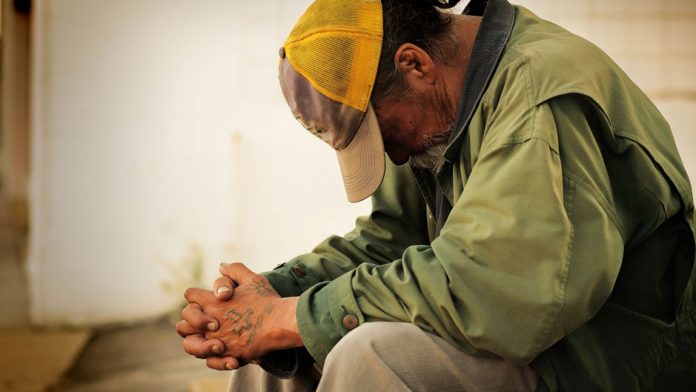What makes people sick may surprise you. For certain, there are factors like exposure to infectious bacteria and leading a sedentary lifestyle. However, the World Health Organization has defined poverty as the single strongest predictor of whether people are well or ill.
There is no question that there is a direct link between socioeconomic and health status. Income is tied to education, housing, chronic stress, and food security. Over 3 million Canadians struggle to make ends meet.
Social determinants of health are becoming an important part of determining medical treatment plans. Doctors are seeing more frequent cases of illness in low income patients, at earlier ages, and in more advanced states of progression. This includes chronic illnesses, such as depression, heart disease, and diabetes, as well as acute conditions, such as the flu and pneumonia. It even extends to physical injuries, accidents, and trauma.
Physicians and policy makers alike are calling on the government to start thinking of poverty as a medical issue, not just a social issue, and to start implementing a guaranteed basic income for all Canadians. A program like this has strong potential to drastically reduce healthcare costs, the burden of which is hard to ignore.
Guaranteed income may soon be a reality for Alberta, where political support is building: Joseph Ceci, Alberta’s new Finance Minister, proposed a guaranteed income program last year as part of his election campaign, a proposal endorsed by both Calgary Mayor, Naheed Nenshi and Edmonton Mayor, Don Iveson.
Video: Why Canadian doctors should be on the front lines of the anti-poverty struggle
Courtesy of evidencenetwork.ca
Canadians are no strangers to the idea of guaranteed income. A pilot study in the 1970s in Dauphin, Manitoba ran for four years, offering every citizen falling into the lowest income bracket a basic stipend. This was the first city-wide study of its kind. Participants were still given incentives to work, as each dollar earned outside the program was rewarded by deducting only 50 cents from the basic amount; working was always better than being unemployed. A program like this would be different from increasing the minimum wage, as it shifts the economic burden off of employers.
Prof. Evelyn Forget, now at the University of Manitoba, analyzed the data and found several positive benefits, even beyond those families and individuals who qualified to participate. The economic stability offered by the program saw improved mental health, fewer hospitalizations, and more high school graduations.
The most noticeable voluntary reductions in employment came from mothers of young children, and from teenagers who were under less pressure to support their families through part time work. With no restrictions on how the money could be spent, many participants invested in skills and training, or took the time to find more stable and suitable work, instead of living paycheque to paycheque. More low income students were able to stay in school until graduation, which had a social multiplier effect on the entire town, resulting in higher graduation rates across all income brackets.
Social programs like these create opportunities to improve public health, living standards, and job training, in a way that benefits all citizens.






































